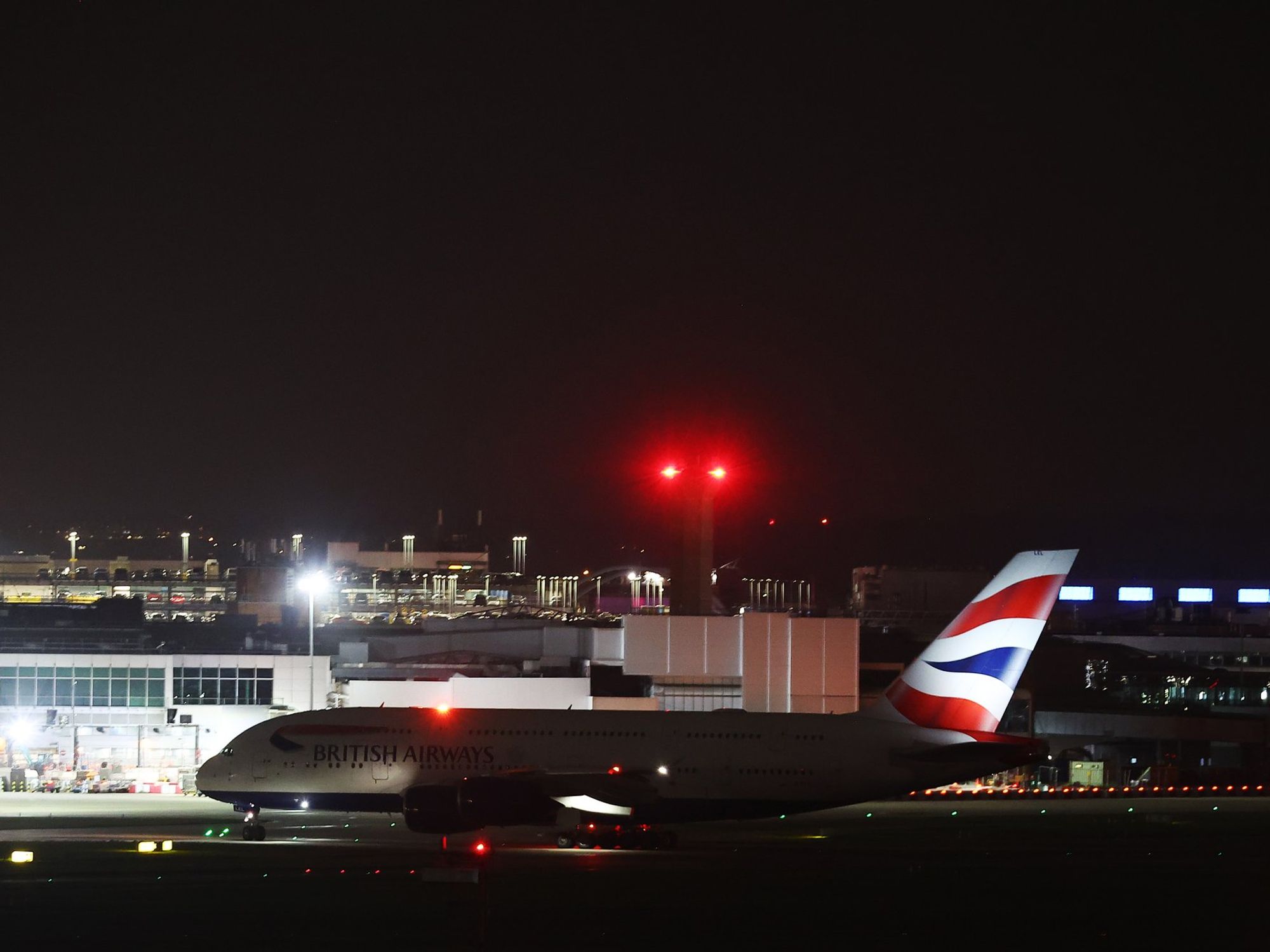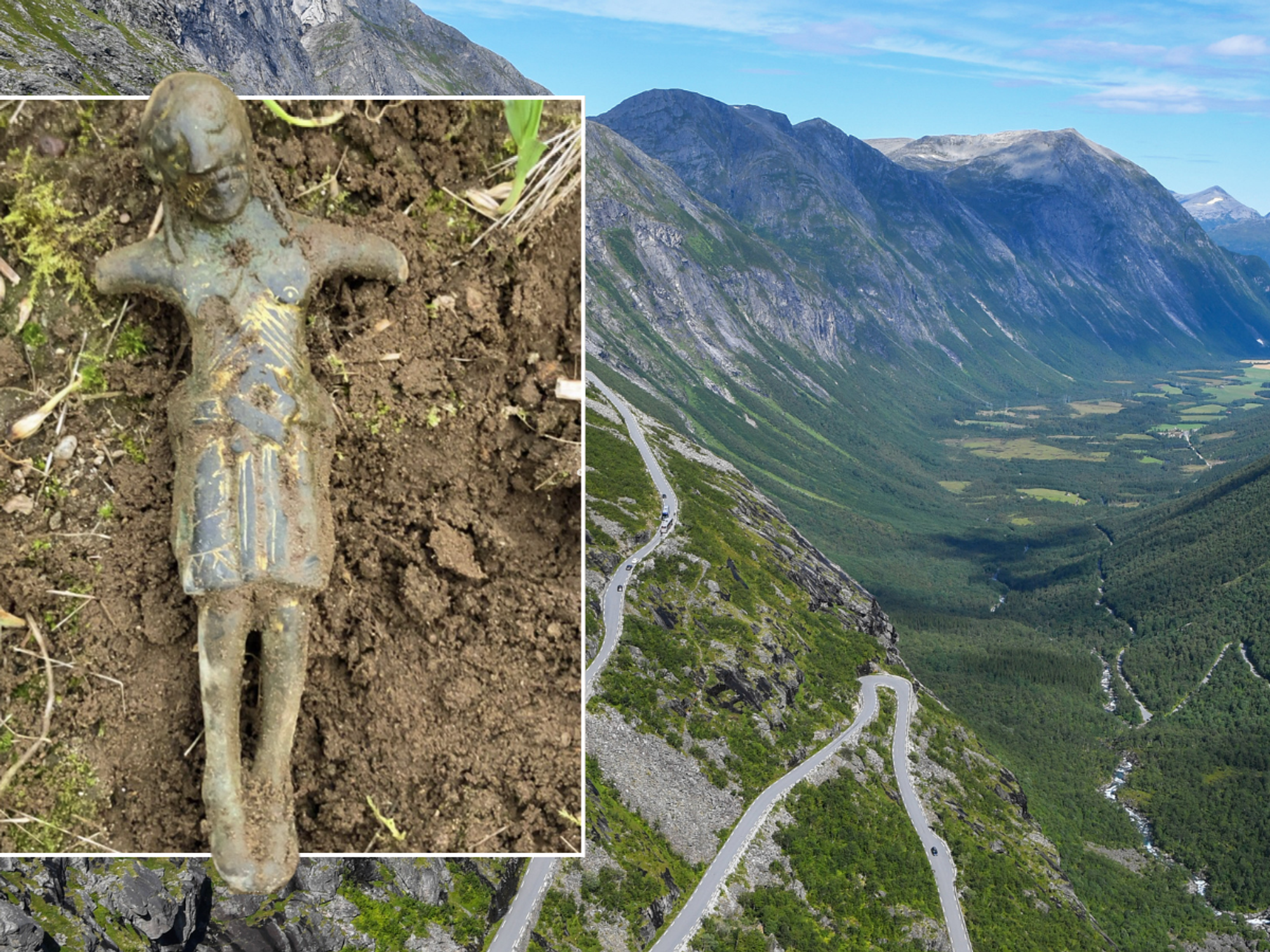The Post Office is just the start - there are more hidden scandals not being addressed, says Nigel Nelson

Public awareness of the Post Office scandal has surged recently.
| PA
Nigel Nelson highlights other injustices following public outrage over the Post Office scandal
Don't Miss
Most Read
It was well known sub-postmasters had been disgracefully treated by the Post Office long before ITV decided to dramatise their trauma.
But it was only by bringing the scandal so vividly and brilliantly to life in Mr Bates vs the Post Office that the full, disgraceful horror of it was revealed.
Ministers and the Post Office admitted the wrongs done but twiddled their thumbs instead of putting them right. Just one hard hitting TV series and it’s suddenly lights, camera, action all over Westminster and Whitehall.
As former Cabinet Minister Sir David Davis told Bev Turner and Andrew Pierce on GB News: “What the docudrama did was show the depths of misery visited on people by this injustice. Now we’ve got everybody in the Commons on our side.”
Yet there are scandals out there still bubbling under the surface with no end in sight. And because, like the sub-postmasters, it involves money, the Treasury doesn’t want to know.
I found out how stubborn they could be over a couple of campaigns I was involved in as the Sunday Mirror’s Political Editor.
Ministers have now apologised to the thousands of men and women drummed out of the Army, Navy and Air Force because of their sexuality before the gay ban in the armed forces was lifted by the European Court of Human Rights.
Those who were jailed have been offered pardons, but when it comes to compensation for lost pay and pensions, compassion is not a word the Treasury understands.
It has also taken more than £4billion from the pensions of retired miners and it won’t give them any of that back either.
Gay men and women in the forces suffered the kind of ostracism and humiliation all too familiar to the sub-postmasters. When they were dismissed, medals they had won and insignia they were proud to wear were brutally ripped off their uniforms by military police sergeants in disgusting shaming rituals.
The ECHR stepped up to the plate to correct what was a ludicrous legal position. Homosexual relationships were legalised in Britain in 1967, yet they remained a criminal offence in the military until the ECHR verdict in 2000.
RAF medic David Bonney, 54, of Plymouth, Devon was the last serviceman to be courts martialed and jailed when he was sentenced to six months in October 1993 for being gay.
He signed up at 17, unsure of his sexuality, and his first gay encounter was with a Norwegian Red Cross worker he met while working at the RAF’s hospital in Bahrain during the Gulf War.
But he broke off the relationship without explanation for fear of his superiors finding out. David told me: “I struggled to explain to the sergeant I was sharing a room with why this man was crying in the corridor outside. I wish I could see him again to say sorry for what I did.”
Back in Britain David was hounded for two years by investigators who discovered a copy of Gay Times in a search of his room and he eventually admitted he was gay.
Serving time in a military prison meant having to declare a criminal record each time he applied for nursing jobs in civilian life. And his forces pension when he reaches 60 will be £200 a month less than if he had completed the nine years service he signed up for.
Labour MP Dan Carden said: “It is a national disgrace. The ban inflicted staggering cruelty on men and some women who stepped forward to serve their country.
“They were arrested, searched and questioned by officers trained for wartime interrogation and subjected to shameful and degrading medical inspections.”
Former chief of the general staff Lord Dannatt added: “If people were dismissed on the grounds of sexuality then pension rights should be restored.”
Retired miners and their families also want a long standing injustice remedied. Successive governments have pocketed more than £4billion from the Mineworkers Pension Fund over 30 years without putting a penny in.
MPs have already branded it “unconscionable” that many ex-miners are struggling to make ends meet on an average £84 a week while some widows have as little as £8.50 to get by on.
This scandal dates back to 1994 when British Coal was privatised and ministers agreed the Government would act as guarantor for its pension payouts. Under the deal any future surpluses would be split 50/50 between the Treasury and scheme members.
It was a fair solution at the time because it meant miners would not lose their pensions - even if a crook such as Robert Maxwell came along. But the fund has done much better than expected and the Treasury is still trousering massive windfalls. MPs say they should stop so ex-mineworkers can finally reap all the benefits.
While they were working miners contributed 5.25 per cent of their pay towards their retirement and with 125,000 of them now drawing pensions they feel the Government has had its pound of flesh and the extra pounds should now go to them.
Like the LGBT ex-servicemen and women, what they need now is some TV scriptwriters to come along.










